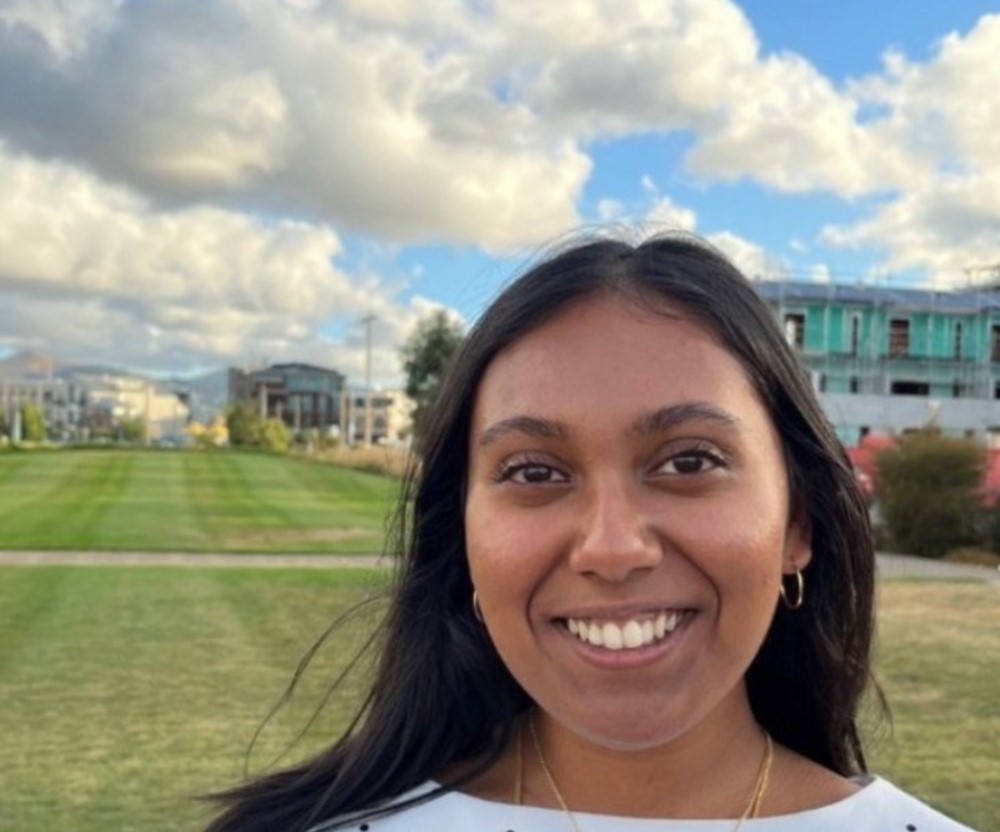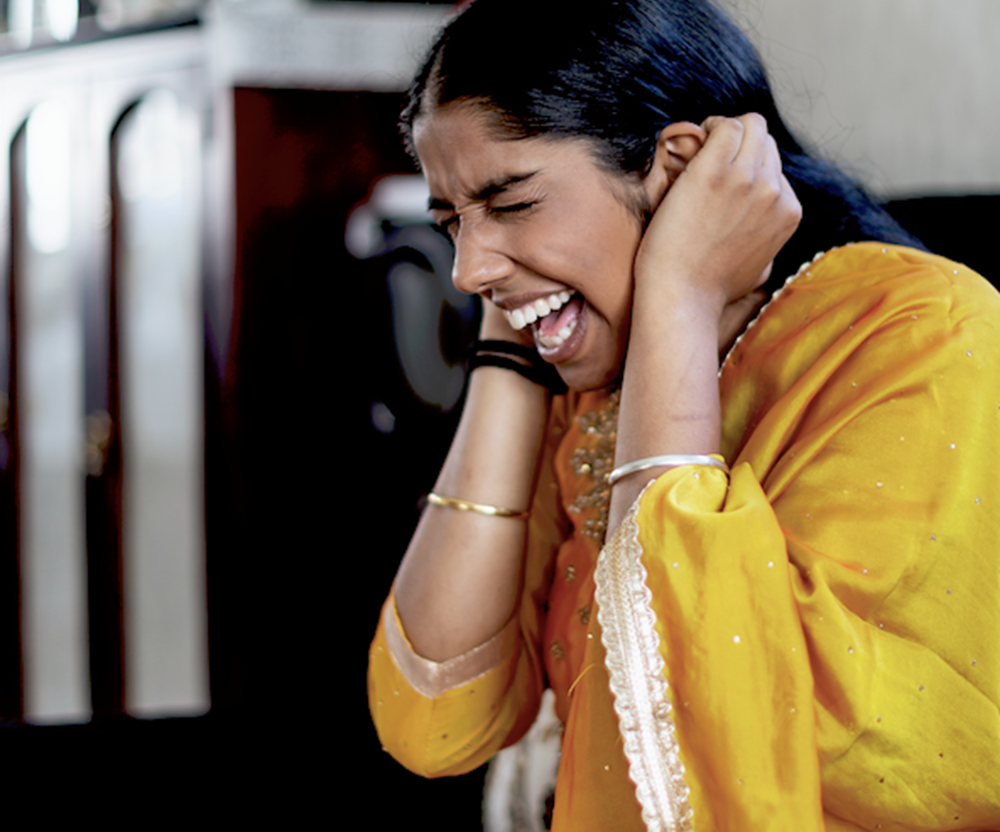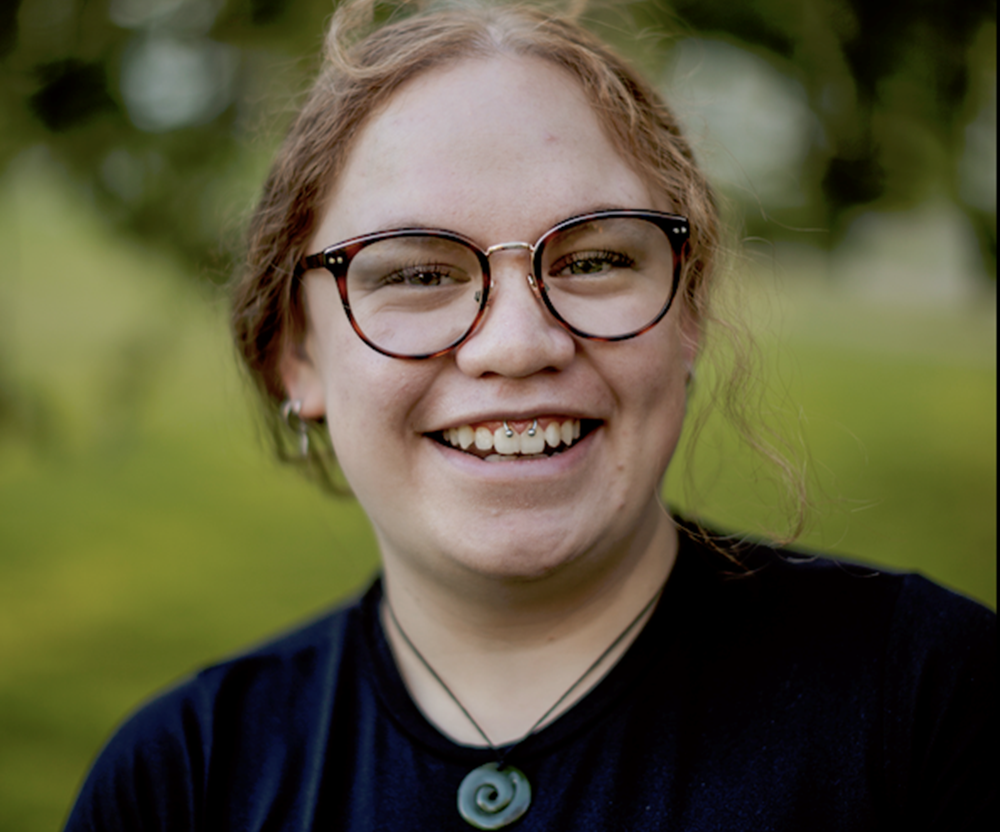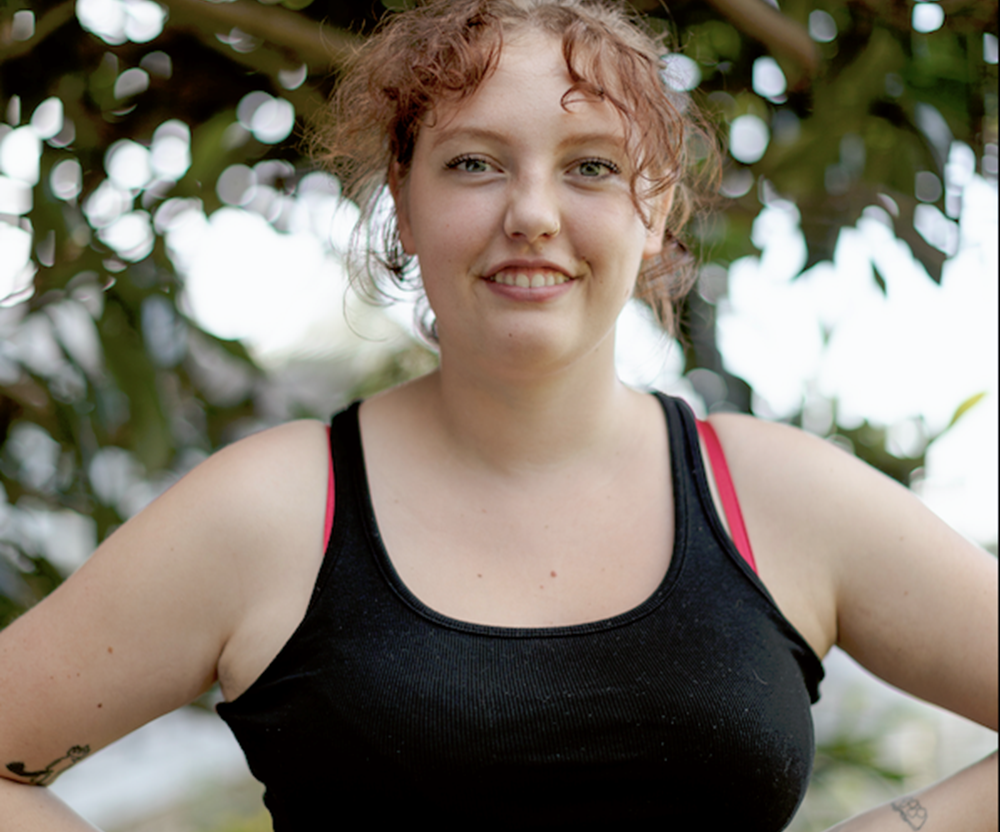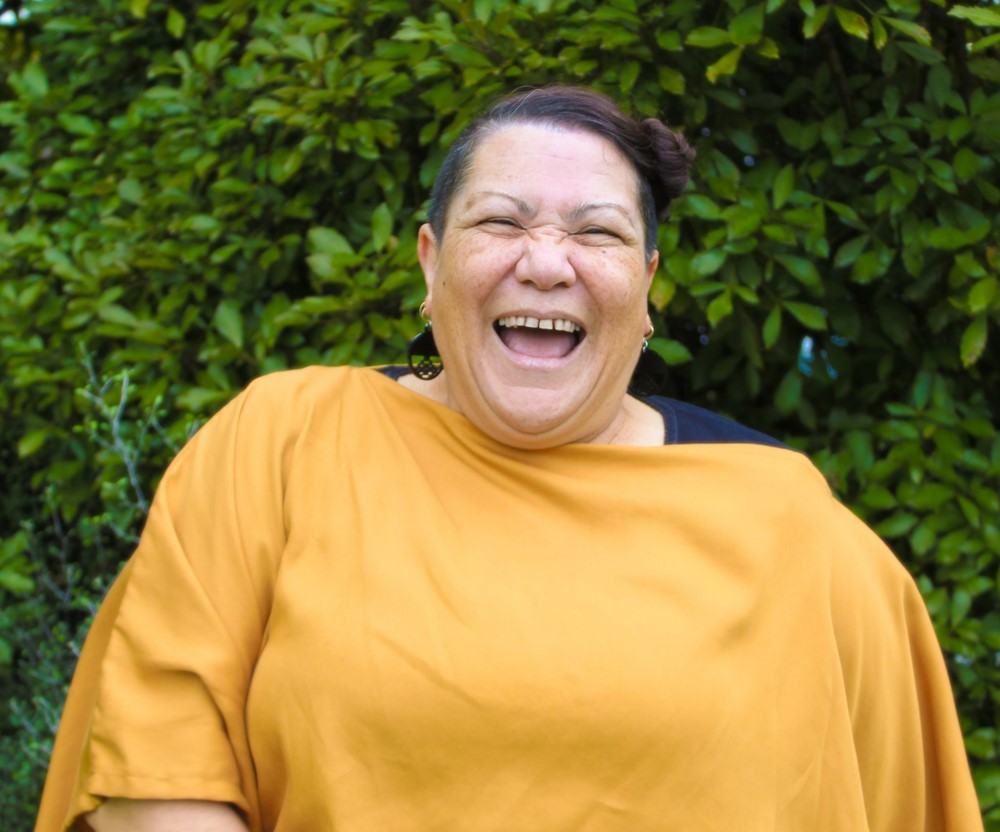
#WAHINEWEDNESDAY: Bea Mossop
Meet the Wahine behind Matariki ki Waikato
Categories
Ko Ngātokimatawhaorua toku waka.
Ko Hikurangi toku maunga.
Ko Waitangi toku awa
Ko Ngāphui toku iwi.
Ko Ngāti Hine, Ngāti Kōpaki toku hapu¯.
Ko Otiria toku marae.
Ko Hana Tamihana toku kuia
Ko Hauraki Heta toko koro
Ko Hannah Heta toku māma
Ko Stanley Nelson toku Mātua
Ko Bea Mossop toku ingoa
Although relatively new to the YWCA Hamilton, Bea’s warmth and life can be felt as soon as she steps into the room. As the Hostel manager, she is seen flitting around here, there and everywhere, calmly managing anything thrown her way. With a repertoire of diverse experiences in her back pocket, her purpose beliefs lie with the people. This love for people has driven Bea to her most recent and exciting venture: Festival Director of Matariki ki Waikato 2021.
Her creative flare has gained her experience that spans both the corporate and community realm. Embarking in a corporate career, she soon discovered that profit-oriented life did not amalgamate with her principals. So she dived headfirst into community work, managing the Waikato Pottery society. An experience where she realised the beauty in the story every person has to tell.
With the opportunity to coordinate Waikato’s 2021 Matariki celebration, she has been busy coordinating events that collectively aspire to create a more prosperous future for local communities. The Waikato whakanui (celebrations) see a variety of over 80 Kaupapa Maaori events that span across the arts, music, hauora, taiao and education; further acknowledging the bounty of the Waikato rohe, including Kiingitanga, histories, whenua, and peoples. When talking to Bea about the significance of the Hamilton event, “It’s about creating opportunities for all people to grow and prosper.”
What has the process been in creating such a huge event?
Initially the first 4 months were on the phone calling and talking to people, where people could come for free. Reaching out to countless organisations, businesses, venues to help create a festival that is accessible to as many people as possible. Then there were numerous conversations talking to them about Matariki and seeing whether they were willing to hold an event. From that it has morphed into this melting pot of events that are all about the wellbeing of mankind.
What is the significance of working on Matariki?
Matariki is the pure essence of community values, it centres around the core pedestals of people, families and food. While Matariki is Maaori in its cultural and geographic context. The values of it hold no boundaries. It transcends age, race and sexuality. That's what makes it so significant. I was able to stretch myself and make our Waikato Matariki something that it deserved to be.
What does Matariki mean to you?
Matariki is a prime opportunity to explore the ways communities pass on and sustain aspects of their culture and heritage. I don’t believe you can ever go forward without looking back. Growth is dependent on reflection of the past, so we don't repeat the same mistakes.
That is a core essence of Matariki: valuing the past, the stories, those who came before us. Our ancestors and their legacies contribute to who we are, just as we now contribute to the way our future generations will be.
It’s our job as part of that pathway to create more footsteps, so that the next generations can follow through. Everyone can and should be part of that. In that way 'Matariki Huarahi ki te Oranga Tangata' (Pathway to the wellbeing of man), really does translate to the prosperity of man.
What is your vision for Matariki in New Zealand?
Ultimately I would love to see Matariki as a cornerstone pillar in all communities. Just as we need Te Tiriti o Waitangi which is that inherently political and patriarchal entity. Matariki is the contrasting matriarchal pillar. It is compassionate and forgiving. It is about the family. Maaori recognise the integral role women play in bearing life and nurturing future generations. In this way the woman and children come before everyone. The future is dependent on our whanau.
Everybody in Aotearoa should be celebrating Matariki. We shouldn’t just be evaluating what we are doing today, but also where we were ten years, twenty years ago and where we want to be ten years and twenty years into the future. This can only lead to positive outcomes. I think that is what Matariki is really about, and I think that's why it needs to be a pillar of society.
How do you see us moving forward as a country?
It's not about the future, stuff happens, we all make mistakes. We need to give people the opportunity to learn from their mistakes. Instead of criminalising people who are sick and need help, let's help them and treat them for their sickness. Otherwise we are just making social issues even bigger. With all of these social issues, there has to be a better way of dealing with it all than putting people behind bars. I want society to move out of an old way of thinking, and start putting people at the front. Society needs to shift its lens of judgment and operation to a more matriarchal lense. We have operated in this patriarchal, masculine frame of thinking. As a country for so long we have put profit first, which has led to huge inequities and segregation between the rich and poor which has created so many other issues. It's going to need a whole societal shift.
However long left I have on this planet, I'd like to be supporting things that matter- which is the people.
Nā tō rourou, nā taku rourou, ka ora ai te iwi
With your food basket and my food basket the people will thrive
If you would like to learn more or attend one of the many Matariki celebrations please visit: https://www.matarikiwaikato.nz/.


